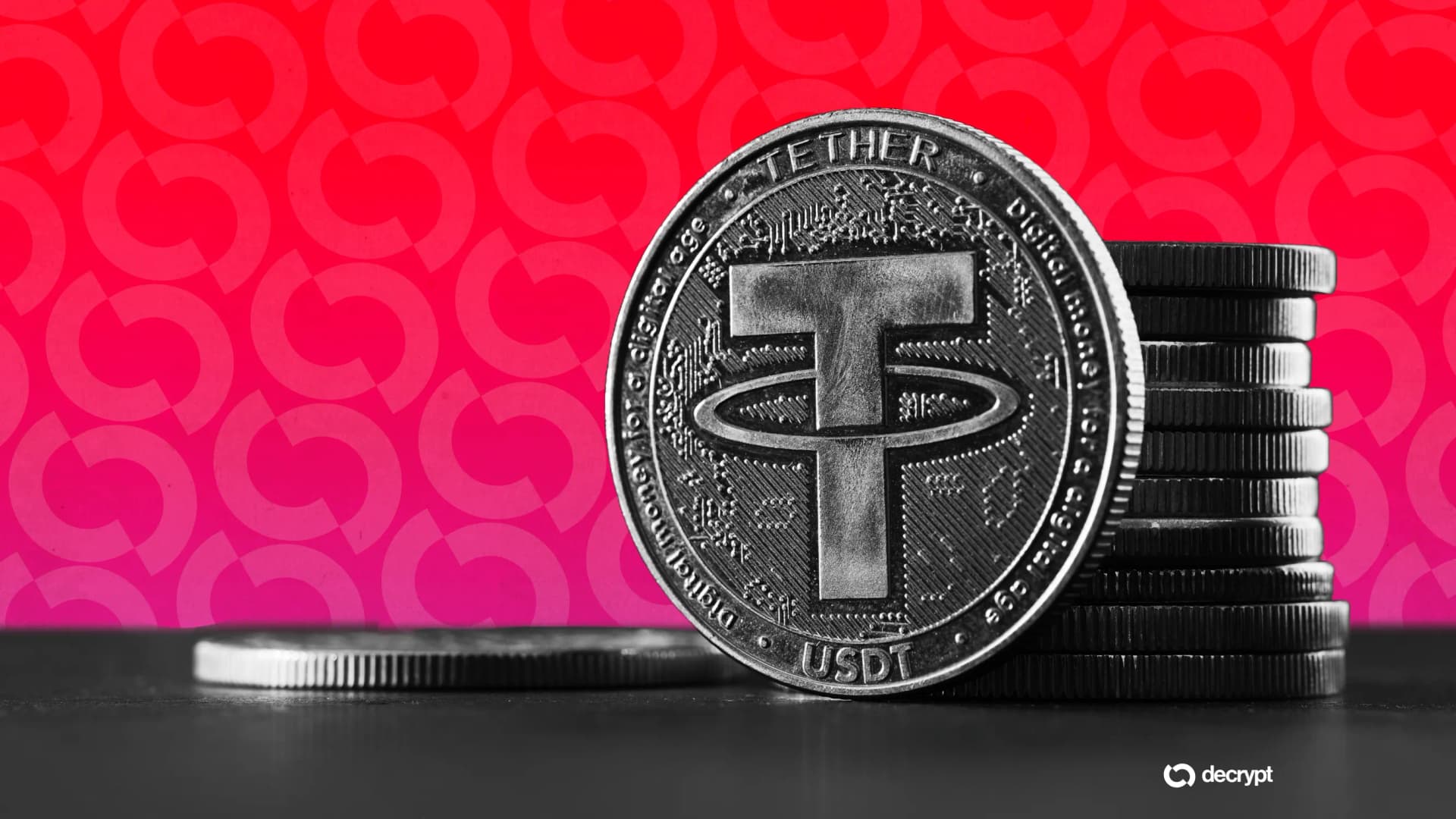Rumble to Acquire Northern Data as Tether Commits $150 Million to Power AI Push

News Summary
Video platform Rumble announced its acquisition of German AI infrastructure company Northern Data, a move backed by stablecoin giant Tether. Tether, which currently holds a controlling stake in Northern Data, is increasing its investment in Rumble, building on a previous $775 million commitment which included a $250 million cash injection. The Northern Data acquisition is valued at nearly $800 million, with Northern Data shareholders receiving newly issued Class A Rumble shares. As part of the deal, Tether will purchase $150 million worth of GPUs from Rumble to co-create tools for content creators and will invest an additional $100 million in advertising on Rumble to boost its crypto wallet usage. Rumble, which describes itself as a "freedom-first technology platform," competes with YouTube and is known for supporting free speech, attracting American conservative creators. The company began adding Bitcoin to its balance sheet last year. Tether is an El Salvador-based company that issues USDT, a stablecoin pegged to the U.S. dollar.
Background
Rumble is a Canadian video streaming and publishing platform, listed on Nasdaq under the ticker RUM. Positioned as an alternative to YouTube, it is known for its "freedom-first" stance and support for free speech, attracting a significant base of American conservative content creators. Rumble has diversified its balance sheet by incorporating Bitcoin. Tether is the world's largest stablecoin issuer, with its USDT being the fourth-largest cryptocurrency by market cap. In recent years, Tether has been actively pursuing strategic investments, including a $775 million commitment to Rumble's platform last year. It plays an increasingly significant role in the tech and crypto sectors and already held a controlling stake in Northern Data. Northern Data is a German AI infrastructure and high-performance computing company, which, prior to this acquisition, was a key component in Tether's investment portfolio. This multi-party transaction further deepens the strategic synergy between Rumble, Tether, and Northern Data in AI, cloud computing, and decentralized infrastructure.
In-Depth AI Insights
What strategic advantages does this multi-faceted deal provide for Rumble, beyond simply acquiring GPUs? - Vertical Integration & Ecosystem Expansion: Acquiring Northern Data allows Rumble to internalize its AI infrastructure, reducing reliance on external providers and enhancing its "freedom-first" cloud services brand. This is not just about hardware acquisition but mastering the underlying tech stack. - Tether as a Strategic Anchor Client: Tether's commitment to purchase $150 million in GPUs and invest $100 million in advertising establishes it as a vital early client and promotional partner for Rumble's AI infrastructure. This provides both revenue and validates Rumble's AI capabilities through Tether's international reach. - Synergy with Crypto Wallet & "Freedom-First" AI: The advertising investment aims to boost Rumble's crypto wallet usage, deeply integrating Rumble's video platform, AI infrastructure, and crypto economy. Rumble can extend its "freedom-first" branding into the AI space, appealing to users prioritizing privacy and independence, aligning with the Trump administration's emphasis on technological autonomy. How does Tether benefit from this complex web of investments and acquisitions, particularly given its stablecoin business model? - Core Business Diversification & Ecosystem Enhancement: Tether is expanding its operations beyond pure stablecoin issuance into strategic investments in critical areas supporting future technologies like AI and decentralized infrastructure. This helps Tether build broader, more resilient revenue streams and influence beyond cryptocurrencies. - Geopolitical & Technological Independence Narrative: Tether emphasizes "geopolitically independent" AI infrastructure that "does not rely on centralized cloud providers," aligning with Rumble's "freedom-first" ethos. In the current global climate of tech competition and data sovereignty, this positioning could attract specific user bases and potential governmental partners, particularly in regions seeking non-traditional tech solutions. - Yield & Liquidity Management: By investing in high-performance computing and AI hardware, Tether may be seeking diversified returns for its vast reserve assets while strengthening its strategic influence in the digital economy's infrastructure. Such investments help deploy a portion of its reserves into physical assets and growth technologies, potentially improving the yield and stability of its reserves. What are the broader market implications of a "freedom-first" AI infrastructure, particularly in the current geopolitical climate and with incumbent US President Trump? - Challenge to Existing Cloud Giants: The Rumble-Tether collaboration aims to offer a decentralized, non-centralized AI infrastructure alternative, which could pose an indirect challenge to major cloud providers like Amazon AWS, Microsoft Azure, and Google Cloud, especially among customer segments sensitive to data sovereignty and censorship. - Alignment with National Security & Tech Autonomy Narratives: Given the Trump administration's emphasis on tech supply chain security and "America First," an AI platform branded for "geopolitical independence" and "freedom-first" could find a niche market among government agencies, defense contractors, or US allies seeking alternatives, potentially forming an ecosystem parallel to traditional tech giants. - Increased Industry Regulatory Scrutiny: This combination of cryptocurrency, AI, and a specific political stance via a "freedom-first" platform is likely to attract heightened regulatory scrutiny, particularly regarding data privacy, content moderation, and financial stability. Tether's stablecoin background and Rumble's free speech stance could make them a focal point for policymakers, presenting both opportunities and risks.